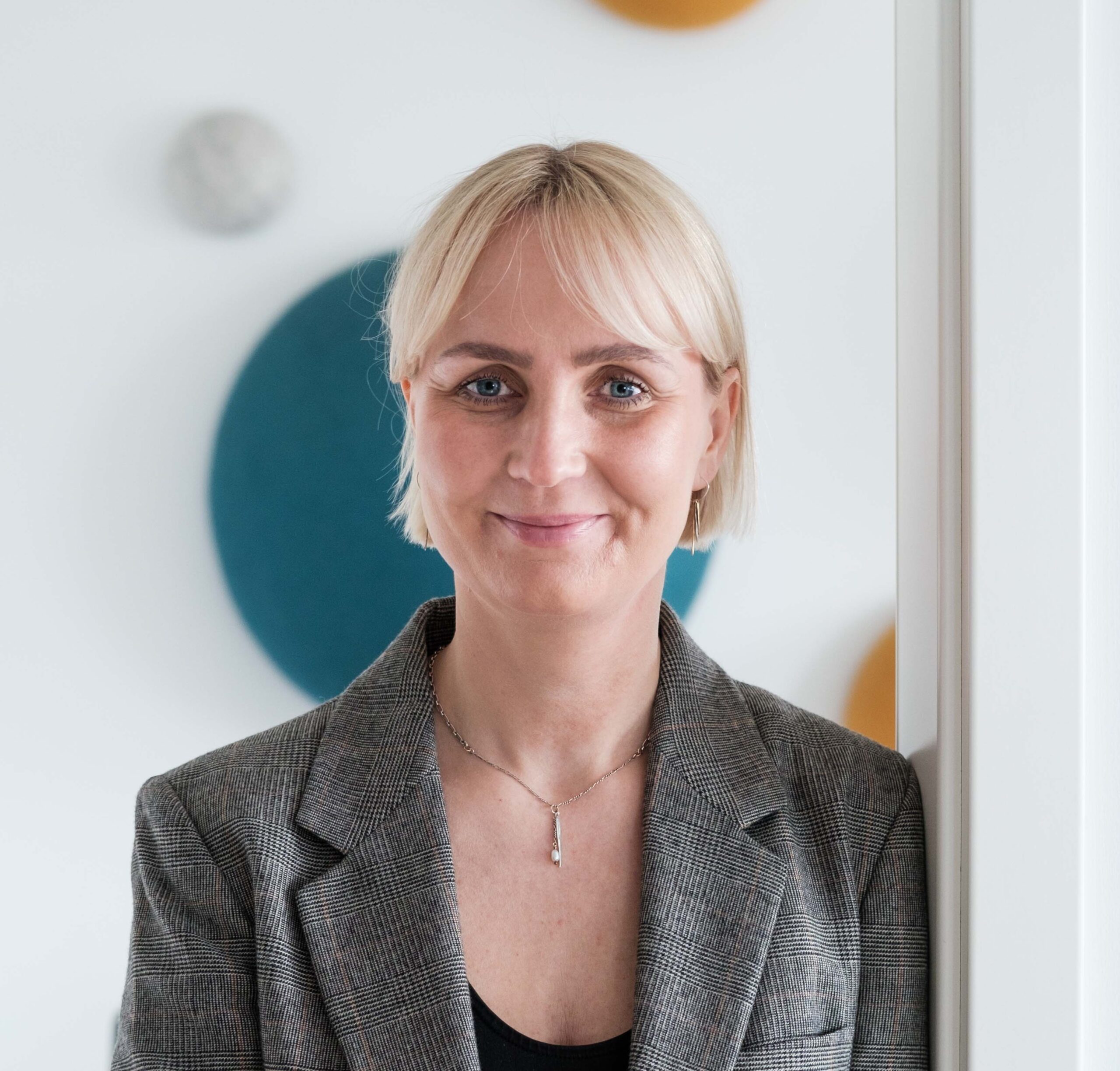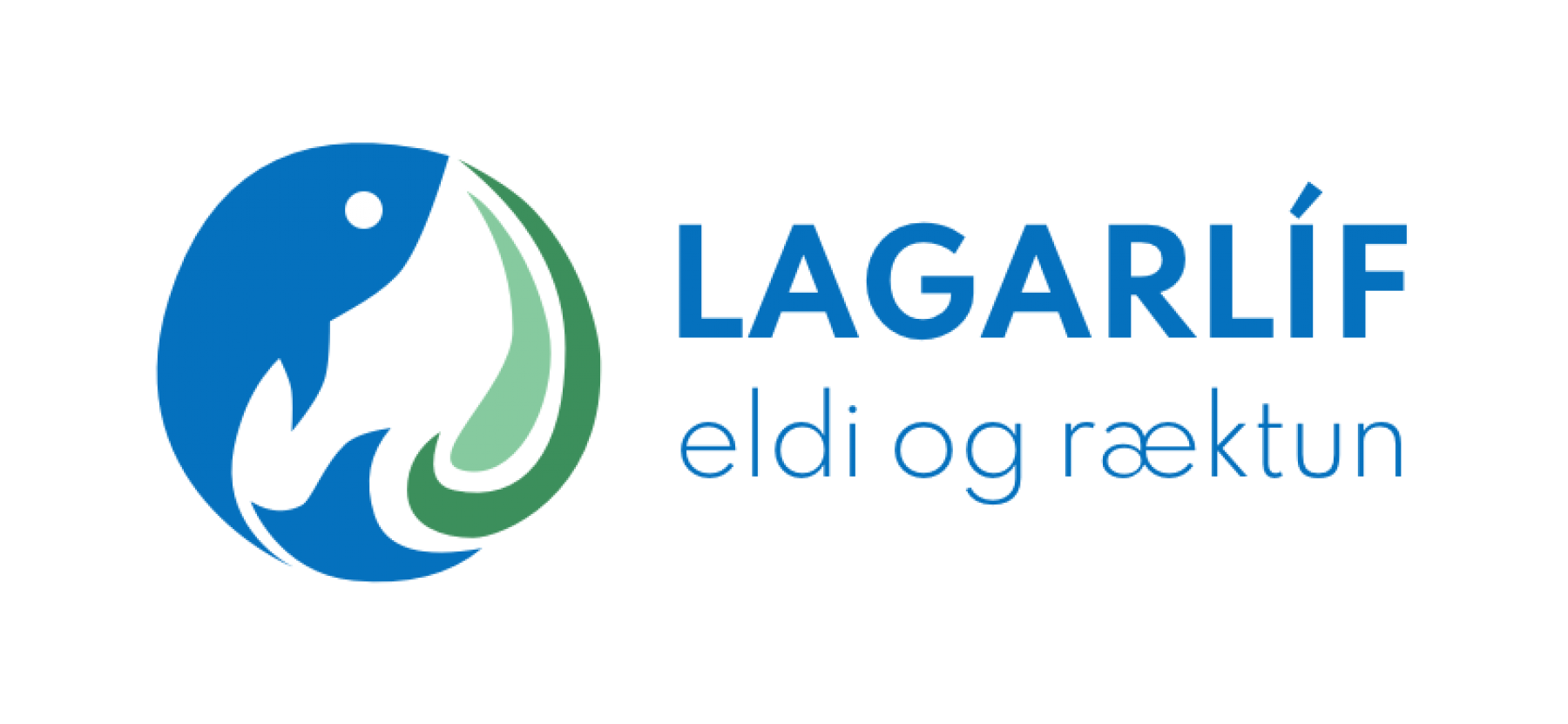Miðvikudaginn 1. október í Ríma A kl. 11:00 – 12:00
Umsjónarmaður málstofu: Gyða Pétursdóttir, Verkefnastjóri Terraforming LIFE /Project Manager TFL Bændasamtök Íslands / Farmers Association of Iceland
Building the Circular Pathway: Turning Farm and Fish Waste into Fertilizer and Energy
Schedule:
11:00 Welcome address, Margrét Ágústa Sigurðardóttir, Managing Director of The Icelandic Farmers Association
11:05 Building Infrastructure for Iceland’s Circular Economy: Lessons from Terraforming LIFE, Sigurður Trausti Karvelsson, Project Manager at First Water and Terraforming LIFE Project Coordinator
Description:
Terraforming LIFE, an EU-funded initiative under the LIFE programme, aims to address three pressing challenges in Iceland:
- Managing the rapidly increasing volumes of fish sludge and animal manure.
- Strengthening the infrastructure for organic waste handling.
- Enhancing the circular economy by transforming waste into valuable resources.
To achieve these objectives, the project must overcome both technical and practical hurdles. These include developing and implementing effective treatment technologies, ensuring compliance with regulatory frameworks, establishing reliable logistics systems, and fostering cross-sector collaboration. The presentation will outline the challenges encountered so far, the strategies currently in place, and the critical steps ahead.
11:20 Is there a demand for the bio-fertiliser from Terraforming LIFE? Quality assurance of the products, Sveinn Aðalsteinsson, Managing Director of Orkídea
Description:
The EU project Terraforming LIFE aims to utilise fish sludge and animal manure to produce biogas and organic fertilizer (bio-fertiliser) in a new anaerobic digestion pilot plant in Þorlákshöfn, S-Iceland. Farmers have expressed strong interest in the fertiliser product, provided that the quality of the product is well documented and secured. Within the project Orkídea leads the work on optimising and securing quality of the final fertiliser product to ensure that it provides the nutrients required for healthy crop growth. A pre-formulation study is being conducted based on nutrient composition data from manure and chemical analysis of the potential feedstock. Key quality parameters will be monitored in both the input biomass and the fertiliser products, including quantification of pathogens, plant nutrients levels, dry matter content, and possible chemical contaminants. Particular emphasis will be placed on reducing the salt content in the fish sludge to ensure that the product will be a suitable fertiliser for grassland and complies with national regulations. This work will support the development of safe, reliable and sustainable bio-fertiliser that contributes to circular use of resources in aquaculture and agriculture.
11:30 Collection of aquaculture slugde in Norway; nearly 10 years in. An increasing wasteproblem or value in the making?, Ann Cecilie Ursin Hilling, Innovation Manager at NCE Aquaculture (Norwegian Centres of Expertise in Aquaculture
Description:
In 2017 regulations forced the Norwegian aquaculture industry to start collecting sludge from all their landbased facilities. Now almost 10 years later we will have look at the status and future prospects for collection, technology development and political ambitions.
Ann Cecilie Hilling is the Innovation Manager for the Aquaculture cluster NCE Aquaculture. She has a M.Sc in Aquaculture and has 15 years experience in working in several parts of the industry both national and international. She is a member on the board of directors in the European Aquaculture Technology and innovation platform (EATIP) and leads the European sludge network with 80 members from over 15 European countries.
11:45 Panel


